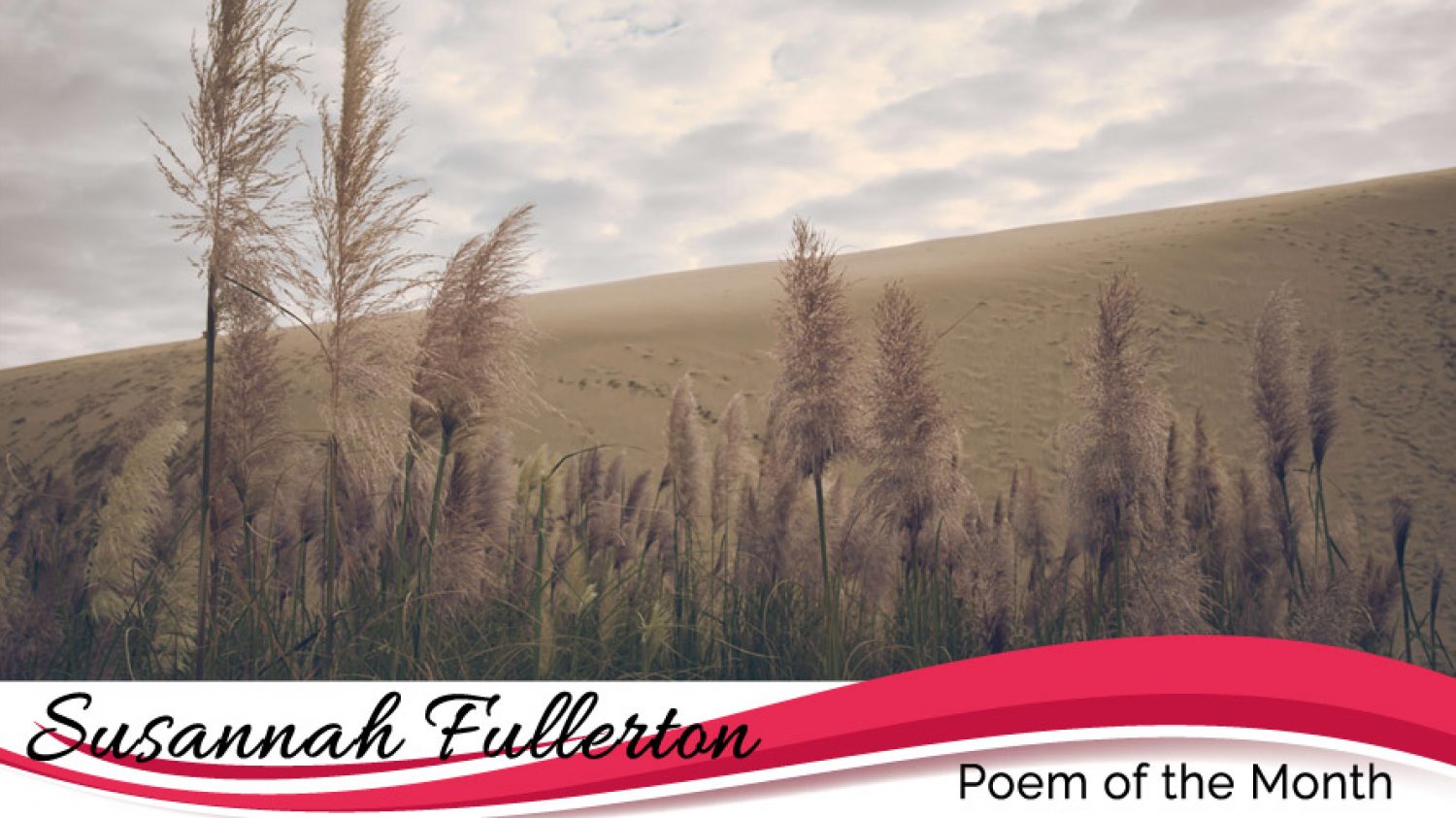On the 7th April 2020 it was the 250th birthday of one of the world’s greatest poets, William Wordsworth. With the Covid virus, I couldn’t celebrate the day by giving a talk about his life and works, but I did read some of his poems. This is one of my favourites:
The Solitary Reaper by William Wordsworth
Behold her, single in the field,
Yon solitary Highland Lass!
Reaping and singing by herself;
Stop here, or gently pass!
Alone she cuts and binds the grain,
And sings a melancholy strain;
O listen! for the Vale profound
Is overflowing with the sound.
No Nightingale did ever chaunt
More welcome notes to weary bands
Of travellers in some shady haunt,
Among Arabian sands:
A voice so thrilling ne’er was heard
In spring-time from the Cuckoo-bird,
Breaking the silence of the seas
Among the farthest Hebrides.
Will no one tell me what she sings?—
Perhaps the plaintive numbers flow
For old, unhappy, far-off things,
And battles long ago:
Or is it some more humble lay,
Familiar matter of to-day?
Some natural sorrow, loss, or pain,
That has been, and may be again?
Whate’er the theme, the Maiden sang
As if her song could have no ending;
I saw her singing at her work,
And o’er the sickle bending;—
I listened, motionless and still;
And, as I mounted up the hill,
The music in my heart I bore,
Long after it was heard no more.
The poem was inspired by a visit to Strathyre in Scotland, made by the poet with his sister Dorothy in 1803. It was published in 1807. It captures a brief moment when he sees a young woman reaping in the field and pauses to listen to her beautiful singing. The song is incomprehensible to him (she is singing in Gaelic) but he wonders what it is about – war, or some sorrows of the past or present? He admires the scene and then walks on.
Wordsworth makes something exquisite from this little scene. It’s a poem about the power of music to move us, even when we fail to understand the words of a song. Music is a universal language and her melancholy and sorrow are communicated to him very strongly. It’s also a poem about beauty and sorrow. The girl is pouring out her emotions of despair or of hope to the world of nature, unaware of the poet watching her; while he is enchanted by the beauty of the girl so at home in the natural world and the power of her singing. He connects her with the cuckoo and the nightingale, singers from the world of nature.
Memory is always important in Wordsworth’s poems. Think of his poem about the daffodils and how when lying on his couch “in vacant or in pensive mood”, those daffodils “flash upon the inward eye / Which is the bliss of solitude” and bring him pleasure all over again. In The Solitary Reaper, the maiden and her song also remain in his heart long afterwards.
He makes a brilliant use of enjambement (carrying on the sentence into the next line) so that you feel you are being pulled along by the flow of the music. The poem is wonderfully attuned to the realm of sound.
This has remained one of Wordsworth’s most popular poems.
Listen to it read by Michael Hordern:
Or a sung version here.
Have you enjoyed this poem? Share your thoughts by leaving a comment.
Selected links for relevant websites, books, movies, videos, and more. Some of these links lead to protected content on this website, learn more about that here.
Susannah Fullerton: William Wordsworth is appointed Poet Laureate
Susannah Fullerton: William Wordsworth & The Solitary Reaper video
Susannah Fullerton: Poet Laureate
Susannah Fullerton: Living Where The Poets Lived
Susannah Fullerton: My 2019 Favourites
Susannah Fullerton: William Wordsworth is born
Poetry Foundation: William Wordsworth
The Poetry Society: Poet Laureate
William Wordsworth Selected Poems


Shan Kumar Narzary
The only poem i coud remember from my school day coz it connect me the harvest season ! Have an attachment with the poem too much .
Susannah Fullerton
It is a wonderful poem!
Diana Paulin
I love Wordsworth’s poem, so evocative. Also so beautifully read. I will think of him on the 7th April.
Susannah Fullerton
Isn’t it a wonderful poem!
Stephanie McLennan
A great newsletter and loved hearing Wordsworth two very different ways. Thank you Stephanie McLennan
Susannah Fullerton
Isn’t it fascinating to hear the same poem done by two different readers – you pick up different things from each one.
Glad you enjoyed the newsletter.
Carol Noble
Beautiful and the words paint a picture. He loved the countryside. I visited his home Dove Cottage when I was in the Lake District.
Susannah Fullerton
Isn’t it a lovely poem. Glad you enjoyed it.
Gwyn
Susannah,
I am a great Wordsworth fan and brought up on it at my school by a teacher who also loved his poetry. She communicated all of this in her teaching.
GwynBurns
Susannah Fullerton
Do celebrate his birthday this month by sitting quietly and reading some of his poems, and bring back those school memories at the same time.
Diana stagg
So nice to read and then to listen.
Great format. Thanks Susannah
Susannah Fullerton
So glad you enjoyed it. A peaceful poem in this turbulent time.
Loretto Richardson
Have loved this poem since I first read it as an adolescent. The scene is so romantic with the girl scything the corn and singing in Gaelic. I wonder if I will ever see the beautiful landscape of Scotland again but poetry awakens those fond memories. Thank-you
Susannah Fullerton
Isn’t it a glorious poem. I’m glad I brought back good memories – we need all the moments of joy we can get just now.